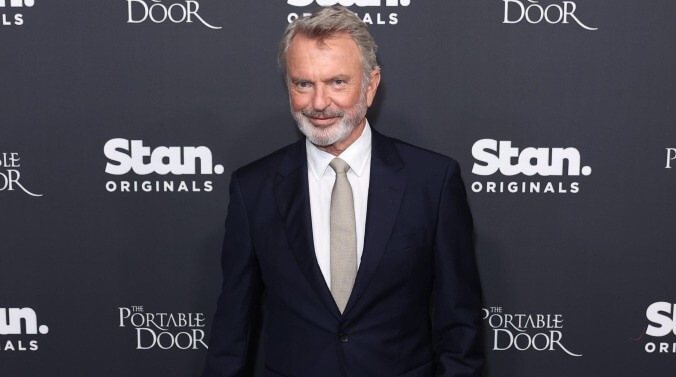As cancer treatment's effectiveness wanes, Sam Neill doesn't fear death
“It’s out of my control. If you can’t control it, don’t get into it.”

Earlier this year, beloved actor and farm animal whisperer Sam Neill revealed he was undergoing treatment for stage-three blood cancer. He’s been in remission for a year, but the good news is far from a clean bill of health. Following three months of unsuccessful chemotherapy, his doctors put him on experimental treatment, a rare cancer drug that requires infusions every two weeks. This isn’t a long-term solution, though. On top of the treatment’s recovery period, its effectiveness will cease at some point, meaning doctors will have to find another alternative. Nevertheless, in a new interview with Australian Story, Neill admits that dying would be “annoying,” and he’s “not remotely afraid” of it. However, retirement “fills me with horror.”

 Keep scrolling for more great stories from A.V. Club.
Keep scrolling for more great stories from A.V. Club.